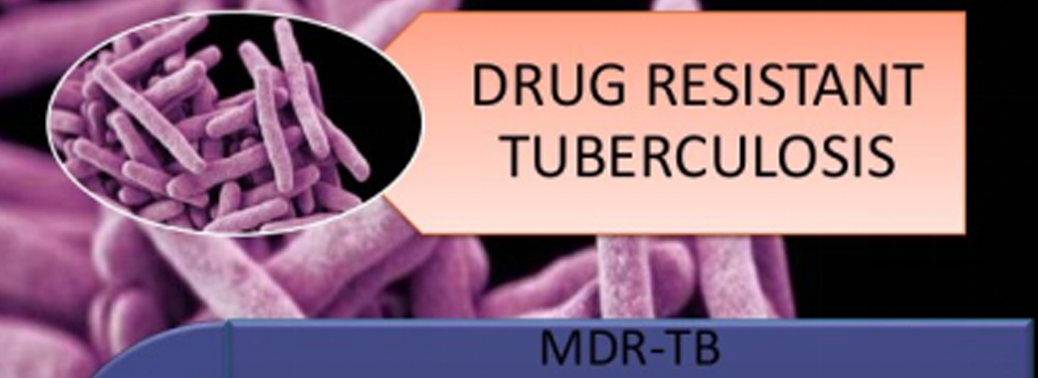TREATING DRUG-RESISTANT TB
16, Mar 2020

Prelims level : Science & Technology - Biotechnology
Mains level : GS-III Awareness in the Fields of IT, Space, Computers, Robotics, Nano-Technology, Bio-Technology and Issues Relating to Intellectual Property Rights
Why in News?
- A small trial (Nix-TB) undertaken at three sites in South Africa to test the safety and efficacy of three oral drugs, bedaquiline, pretomanid and linezolid, in patients with extensively drug-resistant TB (XDR-TB) and multidrug-resistant TB (MDR-TB) showed encouraging results.
Highlights:
- Of the 98 patients who were successfully treated using the three drugs, 63 patients had XDR-TB and 35 had MDR-TB. The treatment success rate was 89% (63 of 71) for XDR-TB and 92% (35 of 38).
- The treatment using the three oral drugs lasted for 26 weeks and was followed-up for six months after the end of the treatment. Patients received the treatment daily for 26 weeks.
- The 90% treatment success in the case of hard-to-treat patients is at par with the success rate seen while treating drug-sensitive TB. Of the 109 patients treated, 11 had unfavourable outcomes while 98 had favourable outcomes.
- Of the 11 patients who had unfavourable outcomes, there were seven deaths and two had a relapse during the six-month follow-up period.
- The MDR-TB patients included in the trial were either not responsive to standard treatment or had discontinued treatment due to side effects.
- Of the three drugs used in the trial, a “high-percentage” of patients experienced adverse effects related to linezolid drug.Of the 109 patients treated, 88 patients (81%) had peripheral neuropathy (weakness, numbing and pain usually of hands and feet due to nerve damage), though the symptoms were mild to moderate in the majority of cases.
- Two patients developed optic neuritis, where the optic nerve becomes inflamed, which was resolved when linezolid drug was withdrawn.
- Also, 40 had anaemia, while eight patients had adverse event of the liver and the regime had to be interrupted.
Causes:
- Drug-resistant TB can occur when the drugs used to treat TB are misused or mismanaged. Examples of misuse or mismanagement include
- People do not complete a full course of TB treatment
- Health care providers prescribe the wrong treatment (the wrong dose or length of time)
- Drugs for proper treatment are not available
- Drugs are of poor quality
- Drug-resistant TB is more common in people who
- Do not take their TB drugs regularly
- Do not take all of their TB drugs
- Develop TB disease again, after being treated for TB disease in the past
- Come from areas of the world where drug-resistant TB is common
- Have spent time with someone known to have drug-resistant TB disease






